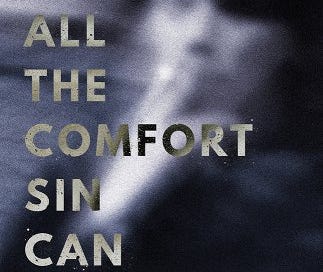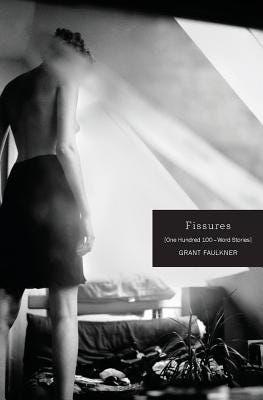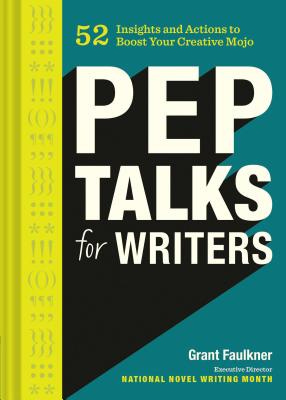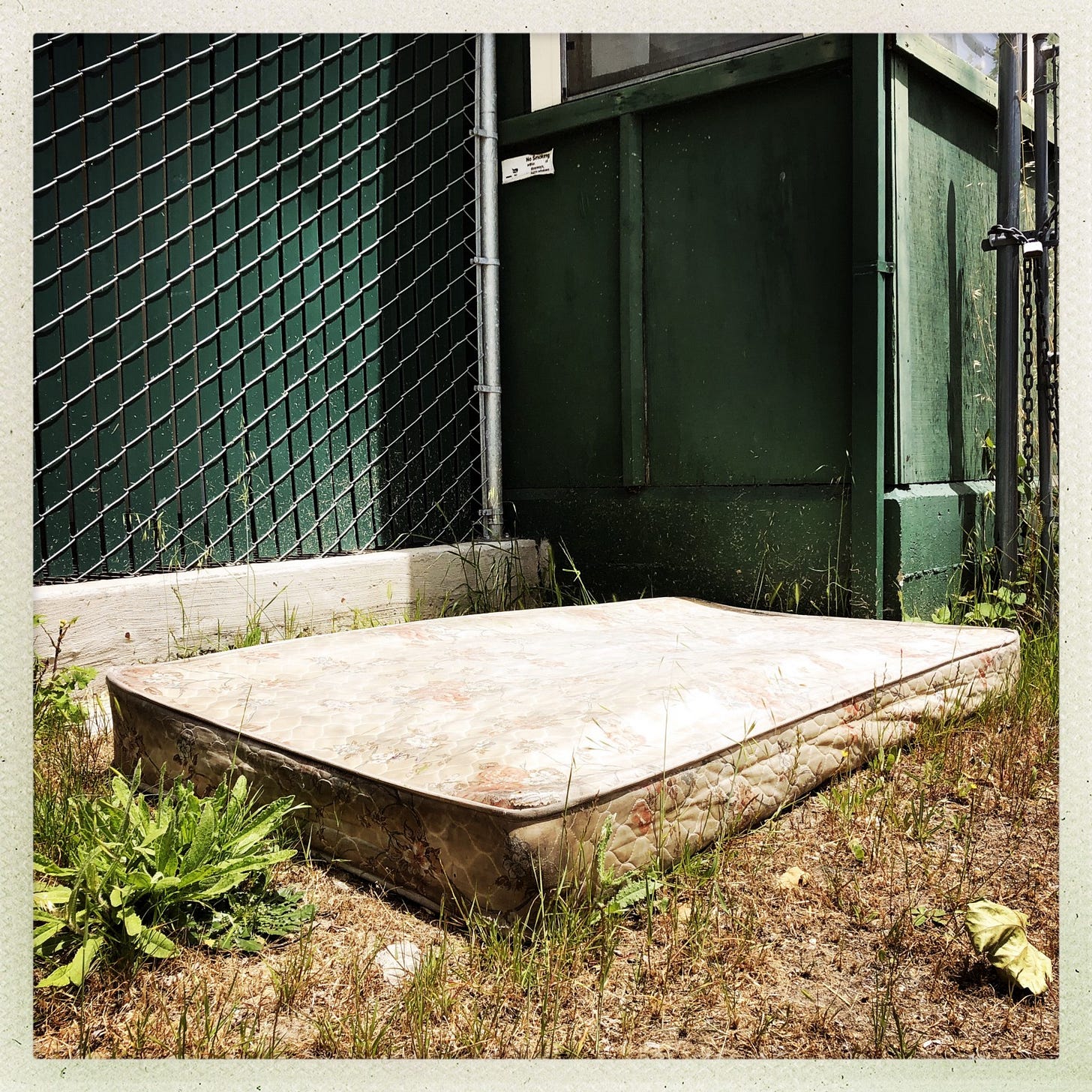Dear Readers,
Years ago, a friend of mine, Jeff, told me a story about how he had a breakthrough. A breakthrough that was as impulsive and as without thought as swatting a fly, but it changed the arc of his life.
Jeff was a chronic younger brother type of person. He was a quiet, thoughtful guy who preferred to be in the background. He was fine living in the shadows of others. In fact, he’d grown up with a very dominant older brother who shined in all things, including basketball, which Jeff also played.
Jeff was a good player. Good enough to play varsity in high school, but he sat on the bench, in the shadow of his brother’s former glory.
One day at practice, Jeff, in an unconscious burst, simply decided to be the star. Instead of passing the ball, he drove to the hoop and scored. Relishing that moment, he continued to play with confidence. He asserted himself as a creator on the court, not a complementary role player.
One practice. One decision. One assertion of self. And everything changed.
I think of this story because it wasn’t Jeff’s athletic ability that transformed him on the court. It wasn’t even long hours of practice. It was just a decision.
The story is meaningful to me because I, too, prefer life in the shadows. I often think I chose to be a writer so I could be a witness to all but not be a central part of things.
The thing is, like Jeff, you sometimes have to decide to come out of the shadows. So today I’m doing what I’ll call “the hard sell.”
Each week, I include my newest book at the bottom of this newsletter with a link to buy it. Each week, no one clicks on the link. That’s all right: it’s at the bottom, positioned to be overlooked. And I don’t truly care much if anyone buys my books because this newsletter isn’t about selling books—it’s about a creative conversation.
But it’s a good practice to sometimes position your wares, your art, your life’s work where people can see them. It’s good to be a little bit proud of them. It’s good to drive to the hoop, as Jeff did.
So here are a few of my books I’d like you to check out. Most authors don’t make much money from their books, but they need their books to sell enough copies so they can get the chance to publish another one (careers can literally end if a single book doesn’t sell enough).
So my ask is to buy a book to help me keep the publishing door open. In fact, buy one since I don’t charge a subscription to this newsletter.
I thank you in many ways because any time anyone reads anything I’ve written, it’s a gift.
Because beauty can reside in the shittiest of things
If you read my newsletter, you know that I like haiku. I usually include a haiku in each newsletter, a haiku of mine or one I stumble on.
And if you read my own writing, you know how I’m increasingly drawn to brevity—by how shorter forms open up the world and ironically allow more (or different) things in.
This week I stumbled on a fascinating article about haiku published in Poetry magazine, Haiku on Shit, by Masaoka Shiki.
The question Shiki asks is why does shit (which we all agree is abject) generally not appear in most forms of poetry, yet it appears relatively frequently in haiku? Shiki says:
“Perhaps it is because short poems like haiku allow for a high degree of harmonization. It is impossible to extract even a single molecule of beauty from something as thoroughly ugly as shit—but combine shit with something else and it becomes possible to sustain a slight hint of beauty.”
I love this idea: that brevity allows for a different kind of “harmonization,” which then allows writing to explore the world in a different way. Consider the mix of the beautiful and the abject in Buson’s poem:
Fallen red plum blossoms appear to be ablaze on clumps of horse shit
—Buson
Shiki says that haiku poets are constantly trying to capture the beauty of everything, so they don’t reject things like excrement, piss, and outhouses. “Haiku in particular allows poets to depict the insignificant things that other poetic forms cannot, given the natural tendency of a haiku poet’s observations to encompass every inch of the world.”
The short form is a lens to explore every inch of the world whereas longer forms tend not to allow for such a detailed pause. Here are some of my favorites from Shiki’s essay:
In the hot grass, an earthworm swims in horse piss
—Suisatsu
Unexpectedly, the scent of chrysanthemums rises from the outhouse—
—Sekikō
Unnoticed, I release an easy fart—staying indoors this winter
—Shōzan
A high priest empties his bowels in the withered fields—
—Buson
One dropping left by a mouse on my quilt—
—Buson
This week’s word: jouissance
I have a playlist on Spotify that now includes 39 hours of songs. I’m making the playlist for two reasons: 1) I want to create my own radio station, a rotating playlist of my favorite music, old and new, that will never repeat a song too often; and 2) I have a dream of going on a long road trip and driving without hearing a song twice.
I titled the playlist “jouissance,” based on a Roland Barthes quote from his book, The Pleasure of the Text (which I consider Barthes at his best, mixing the drift of the contours of his thought with the erotic nuances of his language). Barthes divides the effects of texts into two: plaisir (“pleasure”) and jouissance, translated as “bliss.”
My wife, Hether, told me jouissance is more frequently used to mean orgasm in French, and she’s right, I looked it up, and it does also mean orgasm.
So now it’s a family joke, that I’m listening to my orgasm playlist.
But, hey, who’s to argue with music that’s orgasmic? It’s certainly blissful in the very way Barthes meant (although the word jouissance holds a poetic playfulness, even a dignity, that the word orgasm doesn’t).
This week’s quote
“Language bestows her favors on those who flatter her.”
—Yahir Lababidi
This week’s dare
Lie on your back on the ground and stare up at the sky for 15 minutes.
Bonus points: fall asleep.
Because a photo prompt
Use this photo as a prompt, as a random catalyst, as an igniter for any writing project you’re working on.
Or … simply write a story about this photo in less than 300 words and share it in the comments below.
For more, see my library of photo prompts.








even in a beautifully crafted Haiku, I still flinch from the scatological references. maybe my socialization can be unlearned through more exposure. thank you for pointing this out about haiku!
Great books to travel with and give as gifts. The stories are striking… memorable.